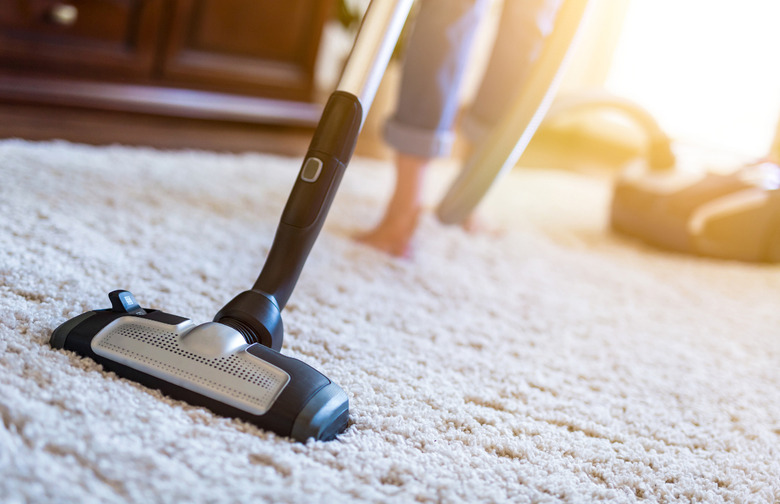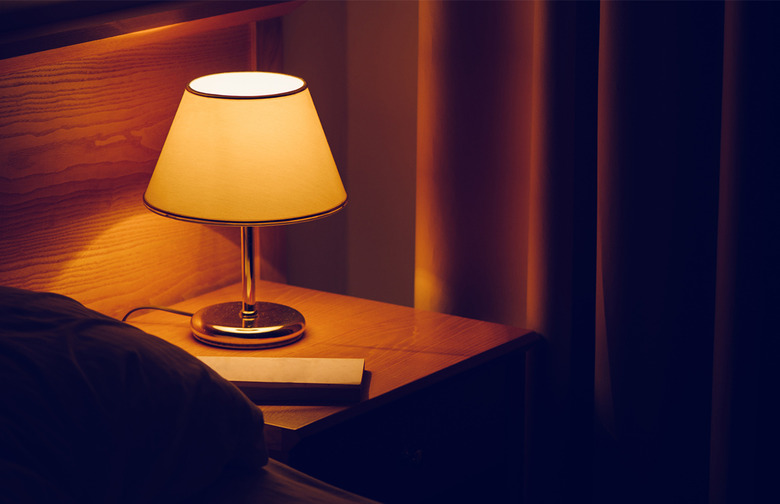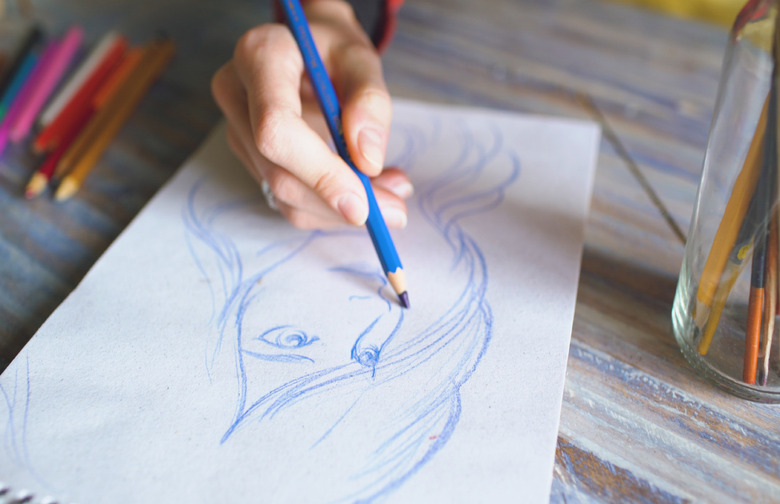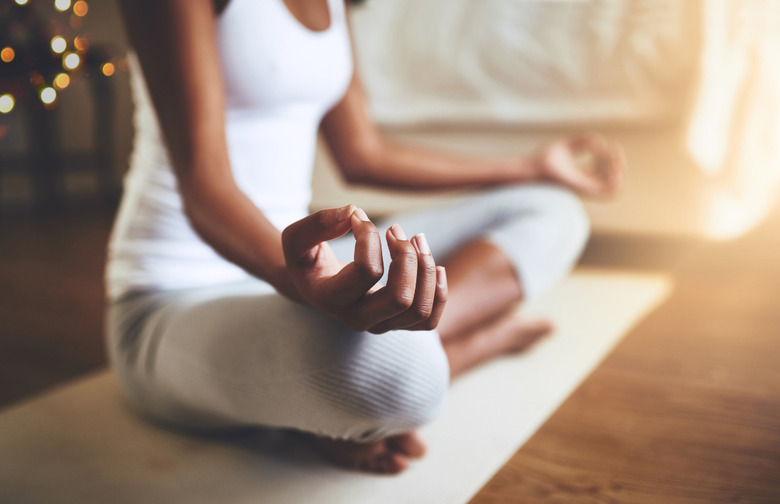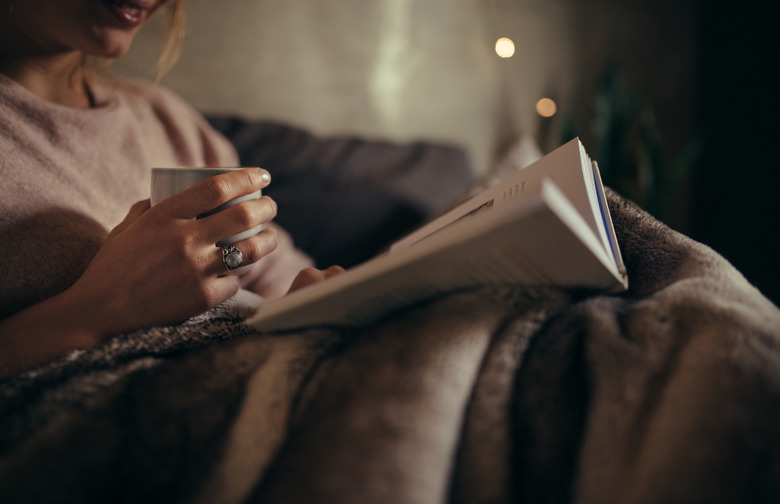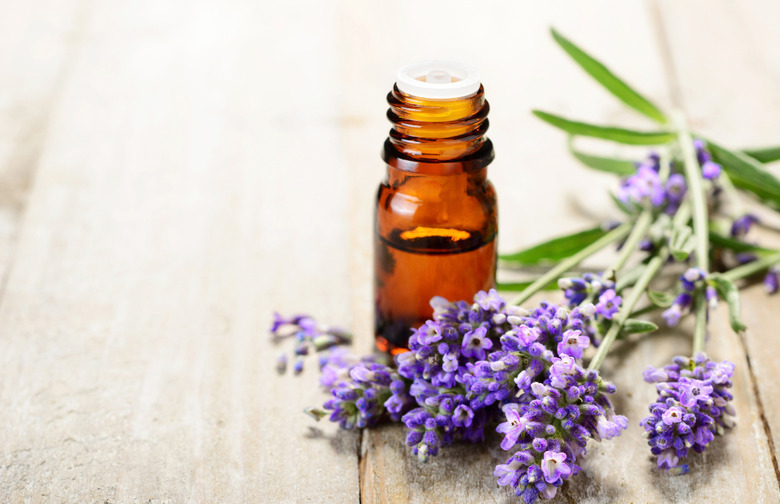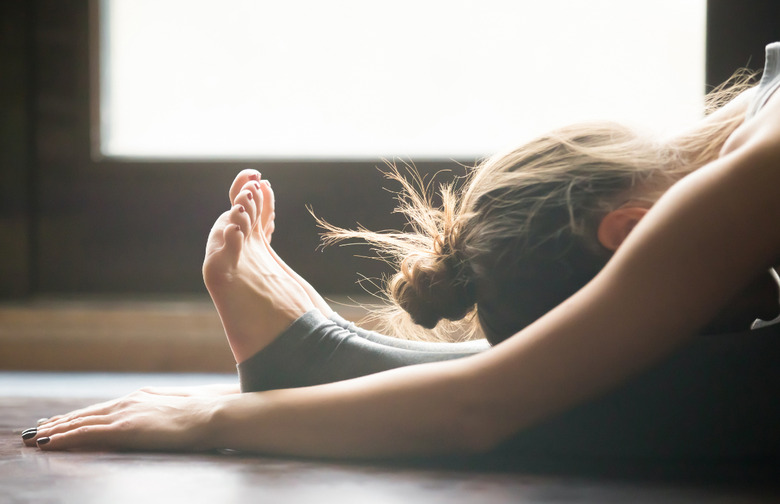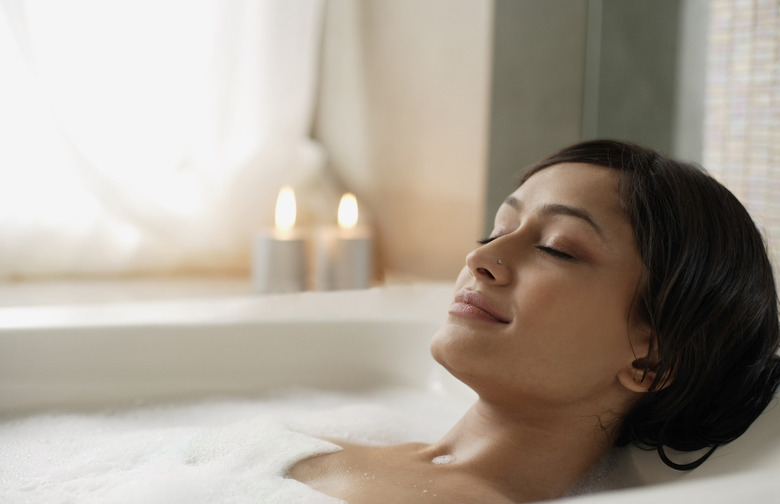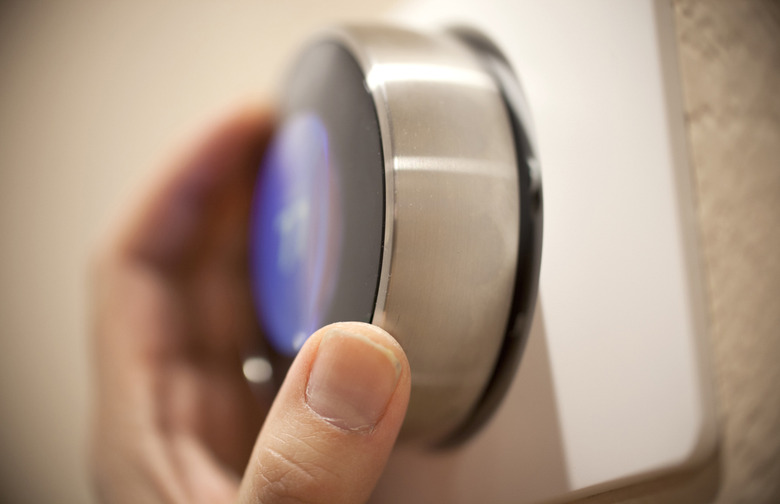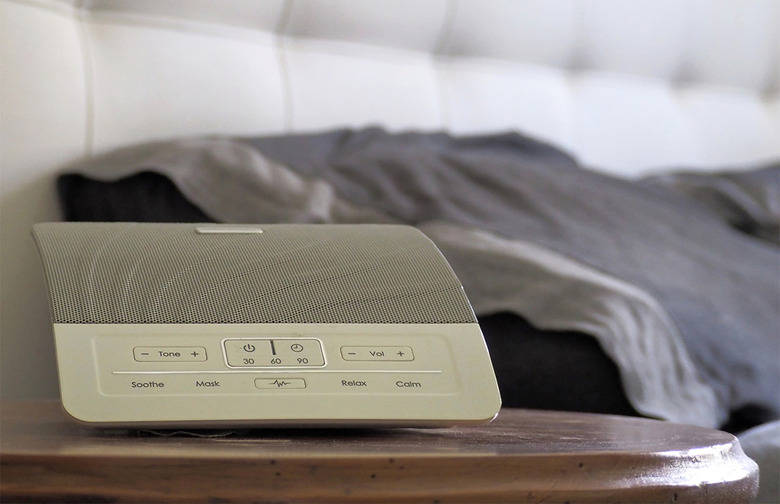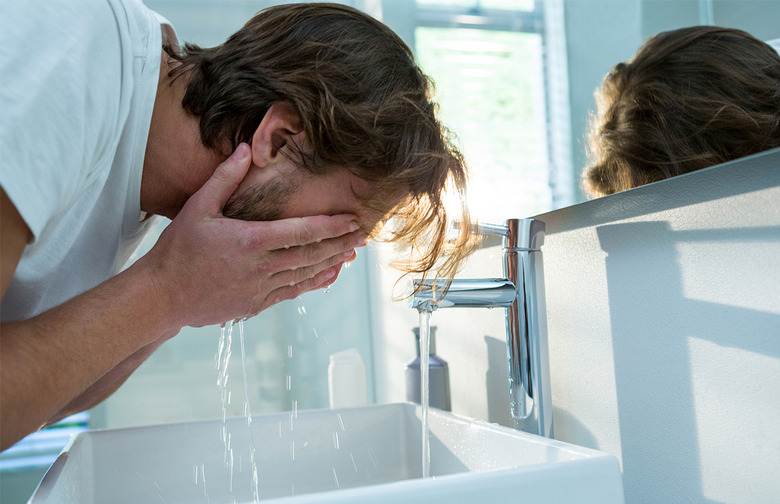15 Bedtime Rituals For Better Sleep Gallery
We've all been there — tossing, turning, watching the clock tick by as your sleep dwindles away. The more you try to fall asleep, the further away you seem to get. And you know how upsetting the consequences of being sleep-deprived can be. But you just can't seem to nod off soon enough.
Many people swear by bedtime rituals to calm their minds and their senses to help them fall asleep. A bedtime ritual can be anything — so long as you're doing something every night to prime your brain and body for sleep.
While it might take some time to get the habit to stick, eventually it will feel like second nature. You'll perform your bedtime ritual and start to notice that it makes you feel more tired, simply by association. The extra few hours of sleep you get as a result can have a monumental effect on your health and your mood.
Some bedtime rituals can be as simple as brushing your teeth and setting your alarm — but you should be doing those things already. Here are a few other calming tasks that can help put you to sleep as soon as they become a part of your normal routine.
Clean Your Room
This chore might seem like the last thing you want to do when you're trying to relax. What are we going to tell you to do next, do your taxes? But hear us out. Decluttering your space actually has the potential to declutter your mind — lessening your chances for your brain to start swirling with hyperactive thoughts and worries when you're trying to go to sleep. Take a few minutes to just tidy things up a bit: straighten your bookshelf, put away your clothes, or clean up your desk.
Dim the Lights
Your brain is wired to keep you awake when it's light out and asleep when it's dark. When it's bright in a room, your body inhibits the production of melatonin, the sleep hormone. The darker it is, the more melatonin the body tends to produce. Artificial light can mess with these natural hormone responses — but you can fight back against this imbalance. Dim the lights well before your bedtime to increase your chances of better sleep.
Draw or Write
Drawing, writing, or attempting another art project can be a good way to wind down after a stressful day. It can also keep your hands busy while your brain calms down, combating restlessness and allowing your thoughts to slow.
Drink a Warm Beverage
Some say that warm milk can help you fall asleep because of the tryptophan — but that's mostly a myth. The amount of tryptophan in milk is so minor that it wouldn't realistically make a difference. However, studies have shown that people who are low in magnesium have a more difficult time falling asleep and are prone to insomnia. Milk and almond milk both contain magnesium — and theoretically could help you sleep. If you don't like milk, however, here are 20 other beverages that could help you sleep well.
Journal
Many people find it useful to do a quick review of their day before it ends. You can buy yourself a gratitude journal or assign yourself a daily prompt such as, "Write down three things that went well today," or "Write down one thing you are grateful for." Some people like to just write free-form to ease their minds before they go to sleep. Whatever form of writing helps you gather your thoughts can perform a clean sweep of those littered anxieties that built up in your brain throughout your day.
Make a To-Do List
Are the tasks left undone keeping you awake at night? If you're a busy person or just have a lot on your plate, it can be tempting to get caught up in a flutter of anxieties before bed. Did you reply to that email? Did you forget to run an errand? Reminding yourself of the things you need to do in your head can keep you on edge and make you less likely to fall asleep. Write down the things you need to remember for tomorrow so that you can rest assured you won't forget.
Meditate
Meditation, or the practice of awareness and being in the moment, has been scientifically proven to help people fall asleep. It can also reduce stress, improve your concentration, and improve your heart health. To reap these many health benefits, you don't have to sit in silence for hours or be as mindful as the Buddha. Meditation doesn't have to be anything extensive or time consuming — some meditation exercises are as short as a couple of minutes!
Read a Book
Reading helps your brain to settle down and gives you something to do that doesn't involve looking at a bright screen. Wind down with a light read or something that won't get you riled up. Before bed is probably not the best time to start that hair-raising mystery novel you've been eyeing...
Spray Lavender Essential Oils
Essential oils have been used medicinally for thousands of years. It is thought that certain scents and essences have tangible effects on the human body. Lavender in particular is still widely used today; it is thought that the scent of lavender provides a natural remedy to help people sleep well.
Stretch
Taking a couple of minutes to go through a yoga flow or simply perform a few stretches can help to release any stiff muscles and signal to your body that it's time to rest. Stretching can also be useful for stress relief.
Take a Warm Shower or Bath
Help keep your bed clean and cozy by washing yourself up before bed. The warm water will also help to relax your muscles and ease tension, setting you up for better sleep.
Turn Down the Temperature
According to the National Sleep Foundation, a room at around 65 degrees Fahrenheit makes for the best quality sleep. Turn your thermostat down about an hour before bedtime so that your room will be nice and cool before you get cozy under the covers.
Turn Off Your Electronics
Just like a bright bedroom light can keep you awake, a bright computer screen or phone screen can have the same effect. The electronics can inhibit your body's melatonin production even more than regular artificial light from a lamp or overhead lighting — the blue light from the screen signals your brain to stop melatonin production entirely after even just a few minutes of exposure.
Turn on White Noise
This doesn't have to mean listening to a recording of the ocean or a twittering rainforest. White noise can come from a special machine, from a fan, or simply from the sound of the street outside. Some people find it peaceful to listen to a mindless and consistent noise. If the dead quiet is unsettling for you, the white noise could help calm your mind and lull you to sleep.
Wash Your Face
Skincare is important, and it can be handled in just a few minutes. Carve out a little time in your evening to wash up. If you're consistently washing your face and find that you're still breaking out, you might want to take a look at your eating patterns — one of these acne-causing foods could be to blame.
More From The Daily Meal:
Vitamins You're Probably Missing
Common Household Mistakes That Could Be Making You Sick
19 Foods to Help Lower Your Blood Pressure
Cardiologists Share the Worst Things You Can Do for Your Heart
Genius Morning Hacks That Will Transform Your Life

